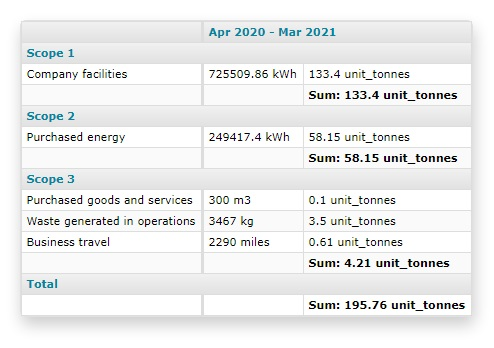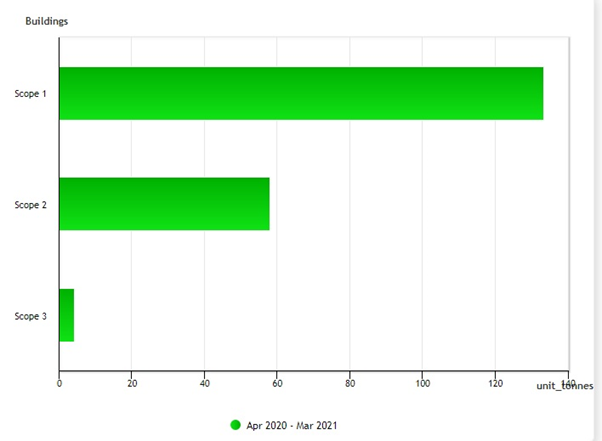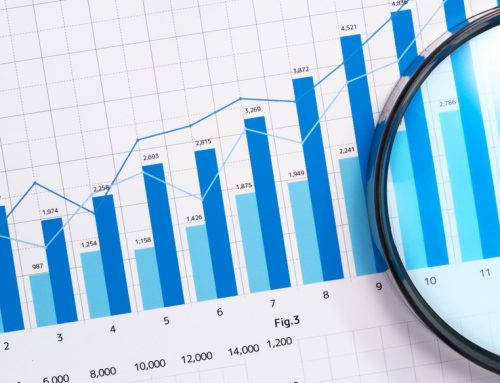Environmental reporting is simply a way of reporting on the greenhouse gas (GHG) emissions associated with your business operations and activities. Reporting is normally based on ISO 14064, an international standard that addresses the quantification and reporting of greenhouse gas emissions and the verification of this information.
Greenhouse gas emissions are classified into three scopes:
- Scope 1 emissions are direct emissions from company-owned and controlled resources. In other words, emissions released into the atmosphere as a direct result of a set of activities.
- Scope 2 emissions are indirect emissions from the generation of purchased energy, from a utility provider.
- Scope 3 emissions are all indirect emissions (except Scope 2) that occur in the value chain of the reporting company, including both upstream and downstream emissions. i.e. emissions that are linked to the company’s operations. This includes examples such as purchased goods and services, waste generation, business travel, employee commuting and other items not included in Scopes 1 and 2.
A typical report for an organisation would look like this, plus additional explanatory text, KPIs and comparisons to previous reports. This report was generated using Energinet Energy and Environmental Management System which monitors and manages energy consumption, water consumption, and waste and travel management on one platform. The sums are metric tonnes of CO2.


Who should be reporting?
The Large and Medium-sized Companies and Groups (Accounts and Reports) Regulations 2008 to require quoted companies to report information on greenhouse gas (GHG) emissions in their Directors’ Reports. Quoted companies, as defined by the Companies Act 2006, are also required to report on environmental matters.
The Companies (Directors’ Report) and Limited Liability Partnerships (Energy and Carbon Report) Regulations 2018 came into force on 1 April 2019 and apply to financial years starting on or after 1 April 2019. The 2018 Regulations impose new obligations for what must be included in the Directors’ Report for quoted and large unquoted companies as well as imposing an obligation on large LLPs to prepare a new kind of report (‘the Energy and Carbon Report’).
Voluntary reporting of GHG emissions for companies of all sizes is encouraged by UK HMG within the streamlined energy and carbon reporting guidance updated March 2019.
How can this save me money?
There are direct benefits to your organisation in the measuring and reporting of environmental performance as it will benefit from lower energy and resource costs, gain a better understanding of exposure to the risks of climate change and demonstrate leadership, which will help strengthen your green credentials in the marketplace.
Using an energy and environmental management system, such as Energinet, which combines the monitoring and targeting of Scope 1, 2 and 3 GHG emissions, will provide all the necessary data to integrate energy and business strategies. This will focus attention on where demands and waste can be reduced. It will help management and staff to understand the environmental impact of their actions and processes. It will encourage change and innovation within the organisation.





Leave A Comment